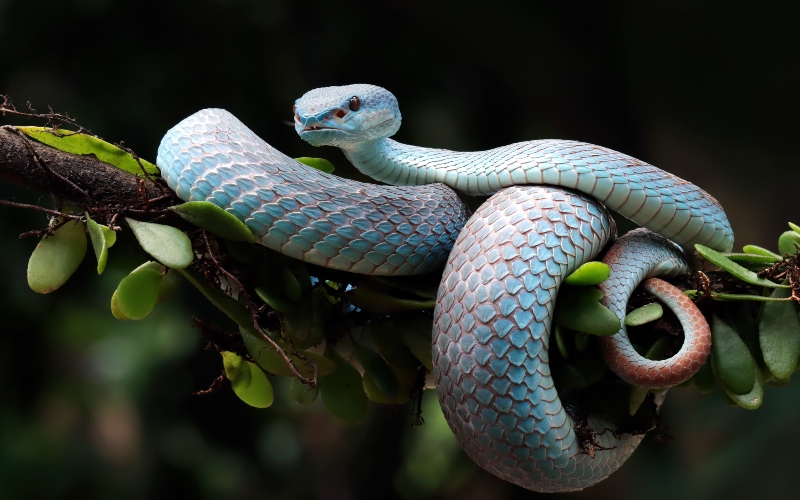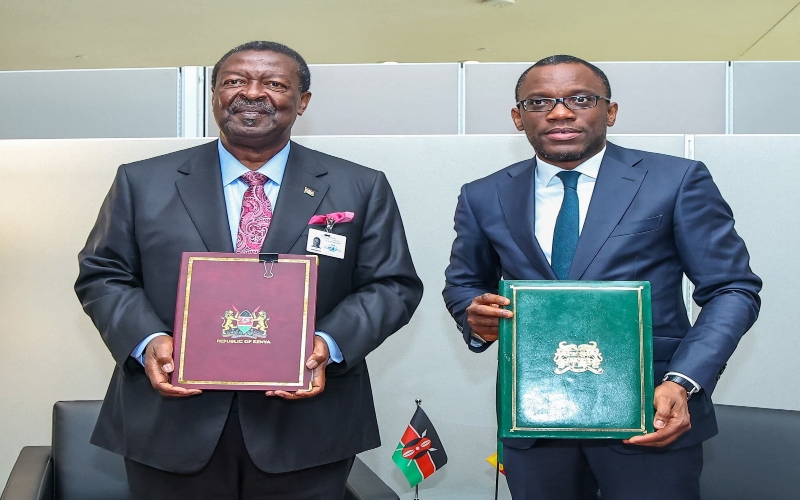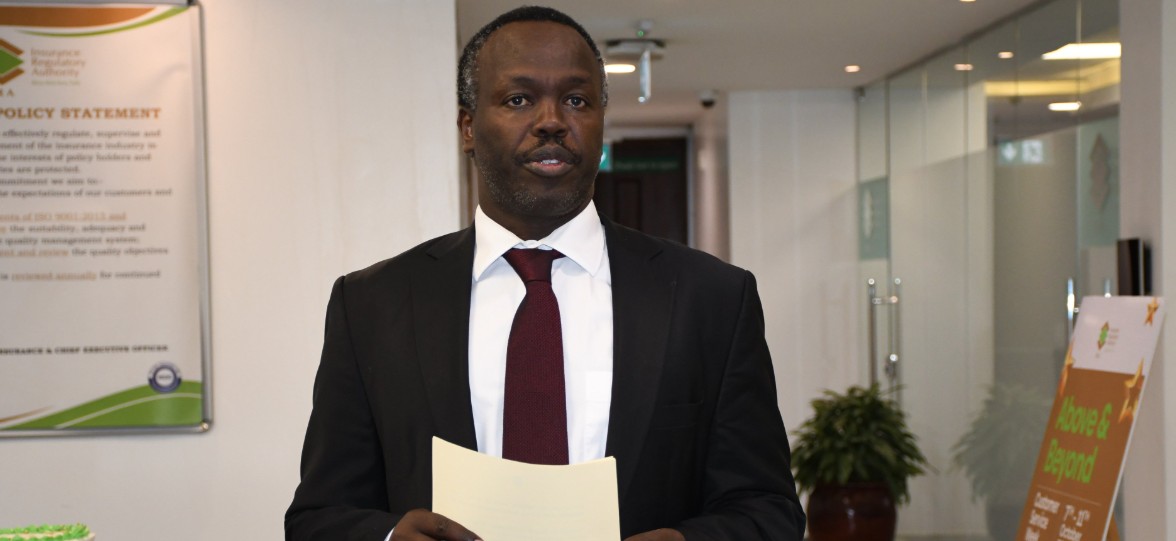Snake farming could unlock economic and health benefits, experts say

It is illegal to keep wild animals in captivity without KWS approval. Only animals that are sick, orphaned, injured, quarantined, used for research or education, or confiscated from smugglers can be held.
Kenyans are being encouraged to look at snake farming as a promising venture that could generate substantial income while addressing critical medical needs.
Experts say the sector is still largely unexplored but has huge potential to contribute to both health and tourism.
More To Read
- World Animal Protection urges Kenya to ban cruel commercial wildlife farming
- Kenya earned Sh452 billion in 2024 from surge in international tourists, says CS Miano
- Kenya faces rising human-wildlife conflicts with 255 dead amid habitat loss, poaching
- Kenyans to access game parks for free on World Tourism Day - CS Rebecca Miano
- Police, KWS seize five tonnes of sandalwood worth millions in Samburu
- Uber Safaris must comply with strict licensing rules, says tourism regulator
“Kenyans must venture into snake farming. It has a lot of potential,” said Kenya Wildlife Service (KWS) Director General Erustus Kanga, a vocal advocate for the practice.
He spoke during the second International Wildlife Scientific Conference at Lake Naivasha resort, which started on Tuesday.
The conference, themed ‘Innovations in wildlife conservation science and practice for socioeconomic development’, brings together researchers, policymakers, conservationists, and community leaders to share insights and strategies for sustainable biodiversity management.
The first edition, held in September 2023, drew over 300 participants and featured 127 research papers from local and international scientists.
Snakebites remain a major health challenge in Kenya, affecting more than 20,000 people each year.
Of these, 4,000 die while another 7,000 experience paralysis or other serious complications. Currently, the country depends on antivenom imports from Mexico and India, creating both health and economic pressure.
Dr Stanislaus Kivai, senior research scientist at the Kenya Institute of Primate Research, said local initiatives are underway to develop Kenyan-specific antivenom through the Kenya Snakebite and Antivenom Centre.
“Snake farming is a great thing given its medical importance in terms of venom,” he said, noting that snakebites are among the neglected tropical diseases that significantly harm livelihoods.
Beyond medicine, Kivai highlighted the potential for snake-based tourism.
“There are several snake parks around the country, including the national museums. Communities can take advantage of snake tourism. Chameleons in Madagascar are a tourist attraction,” he said, pointing to opportunities for local communities to benefit economically.
KWS manages licensing for snake farming. Those interested can apply for an Authority to Operate Wildlife Utilisation Enterprise through the KWS website.
The agency has also issued a comprehensive manual for captive wildlife management and welfare, guiding how wild animals should be protected and managed as part of Kenya’s heritage.
It is illegal to keep wild animals in captivity without KWS approval. Only animals that are sick, orphaned, injured, quarantined, used for research or education, or confiscated from smugglers can be held.
License holders must maintain detailed records and submit quarterly and annual reports to the service, ensuring strict compliance with regulations.
Top Stories Today













































